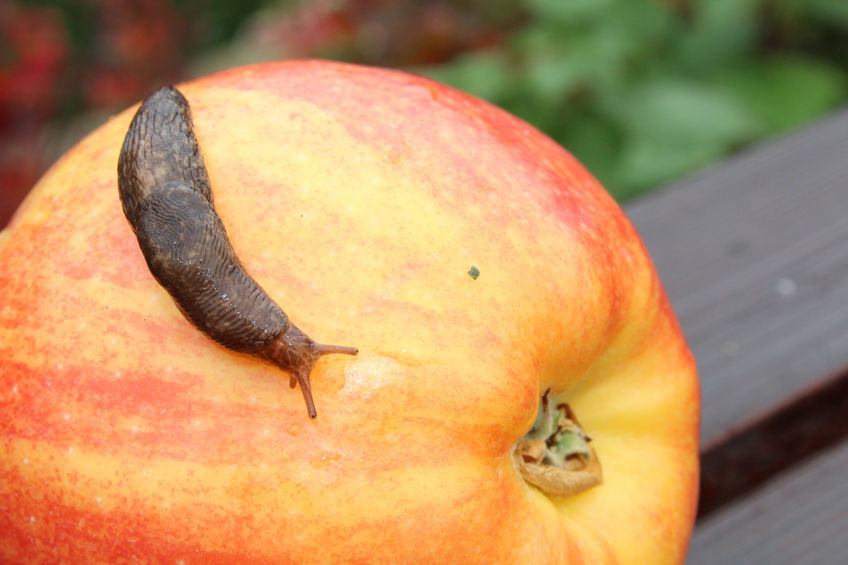
An extension of metaldehyde slug pellet products has been unsuccessful, meaning the sale and distribution of the products will still end on 30 June 2019.
It also means that the disposal, storage and use up of existing stocks will end on 30 June 2020.
However, products containing the chemical will still be authorised for use in other countries that export food to the UK.
Slugs are a significant pest for agricultural and horticultural crops like oilseed rape, cereals and potatoes which, if left unchecked, can cause considerable damage.
The Metaldehyde Stewardship Group (MSG) launched the bid to extend the withdraw. David Cameron, chairman of the group, says that the decision has been met with 'great disappointment'.
However, he reminds growers that metaldehyde slug pellets can be applied legally this year, but must still be used responsibly.
“Growers applying metaldehyde slug pellets this autumn should adhere to best practice stewardship guidelines, while ensuring stocks are used up by 30 June 2020,” he said.
The NFU called the banning of metaldehyde as “hugely disappointing” which will have a “major impact” on British farmers and growers.
Guy Smith, NFU Deputy President, said: “It simply gifts a competitive advantage to farmers abroad who will export into our markets using crop protection materials banned in the UK.”
AHDB has estimated that a lack of slug control products could cost UK crop production £100 million a year.
